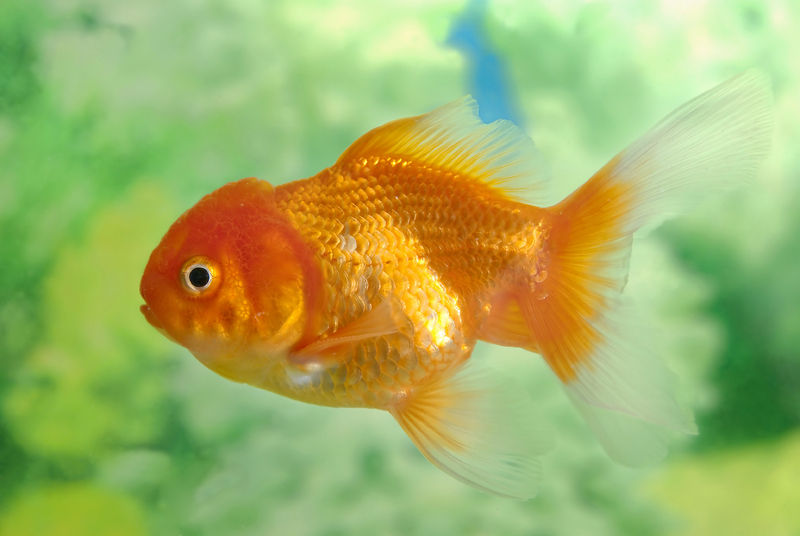Do Goldfish Prefer Bach or Stravinsky?

Goldfish may be more refined than people give them credit for. A new study shows the fish can distinguish between the works of Johann Sebastian Bach and Igor Stravinsky.
The study may seem strange, but the results actually add to a growing body of research showing that a variety of animals can distinguish between different composers and musical genres, and sometimes appear to prefer one to another.
In this case, the researchers played several songs by Bach and Stravinsky in a series of experiments. First they trained one group of fish to nibble on a food-filled ball while Bach was playing — pairing the ball and the music allowed the fish to associate the music with the reward. When scientists played music by Stravinsky, which the animals hadn't heard before, the fish didn't go for the food ball, suggesting they could tell the difference between the composers, said study author Kazutaka Shinozuka, a researcher at Keio University. [The 5 Smartest Non-Primates on the Planet]
Next they played Bach's "Toccata" and "Fugue in D Minor" while the animals were on one side of the tank, and put on Stravinsky's "The Rite of Spring" when they were on the other end. When they were in the middle of the tank, no music played. Researchers measured the time the goldfish spent on either side, concluding the fish didn't seem to prefer one to the other.
Other animals that can tell the difference between classical music, as represented by Bach, and more modern music, as represented by Stravinsky, include Java sparrows, pigeons and rats, Shinozuka told LiveScience. "But only Java sparrows showed preference for classical music over modern music," he said.
He suggests that this preference for one type of music over another evolved independently in Java sparrows and humans. "This might be attributed to the necessity of auditory learning for communication through developmental process such as language and song," Shinozuka said. "Our goldfish study supports this hypothesis, because goldfish do not have such a process," and do not possess a discernable language or songs, he added.
Related research has found that monkeys, cats and dogs respond to music that is designed to suit their vocal frequencies and heart rate (two factors that are thought to make music enjoyable), behaving differently than when no music is played.
Sign up for the Live Science daily newsletter now
Get the world’s most fascinating discoveries delivered straight to your inbox.
The study will be published in the October edition of the journal Behavioural Processes.
Email Douglas Main or follow him on Twitter or Google+. Follow us @livescience, Facebook or Google+. Article originally on LiveScience.










